PH seen at risk as Asean neighbors get favorable agri trade terms

Some of the Philippines’ key farm commodities face headwinds after certain Southeast Asian nations secured favorable trade concessions from the United States, according to an industry group.
Philippine Chamber of Agriculture and Food Inc. president Danilo Fausto said the government must exercise caution in handling trade matters with the US government, noting that certain prime commodities “might be in danger.”
According to separate briefers released by the White House, the US will maintain the 19-percent tariff on exports from Thailand, Malaysia and Cambodia, as announced earlier.
However, America will adopt zero tariffs on certain products from these Association of Southeast Asian Nations (Asean) members.
These agreements aim to provide “exporters unprecedented access to each other’s markets,” the White House said.
One of the major provisions of these deals is the commitment of Thailand, Malaysia and Cambodia to addressing and preventing non-tariff barriers to US agricultural and food products in their markets.
“We have to tread carefully on how we deal with this because it will affect our local prime commodities. It will affect our inflation, our consumers and productivity,” Fausto said in a recent interview.
“At a first glance, you can see that we’re at a disadvantage—why are we excluded? They (US) are using our land for EDCA (Enhanced Defense Cooperation Agreement), which they need for the protection of the Pacific area? Why aren’t we part of it?” he told reporters.
Fausto also warned that such US trade policies could undermine the local farm sector, including protected commodities such as rice, sugar, pork and chicken.
“You have to follow what the US is doing with other countries. The same terms and conditions should be implemented by these three countries to qualify for a zero tariff in the US, which will be detrimental to the industry, especially the protected commodities that we have,” Fausto said.
“We do not like that. It will kill our local [industry], especially the protected [commodities],” he added.
As of this writing, the Philippines is slapped with a 19-percent tariff on goods bound for the US market. However, certain export items are excluded from reciprocal tariffs, such as desiccated coconuts, coconut meat and coconut oil.
Agriculture Secretary Francisco Tiu Laurel Jr. previously said government negotiators were pushing for tariff exemptions on some Philippine products that are produced, planted, manufactured or processed in the United States.






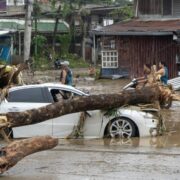




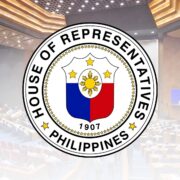
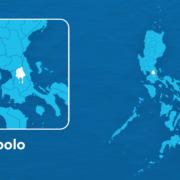

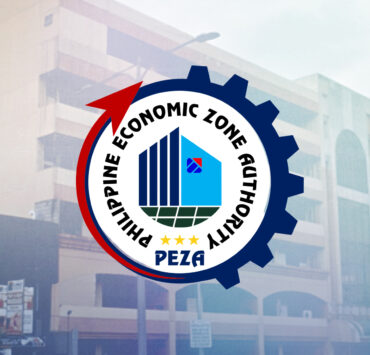

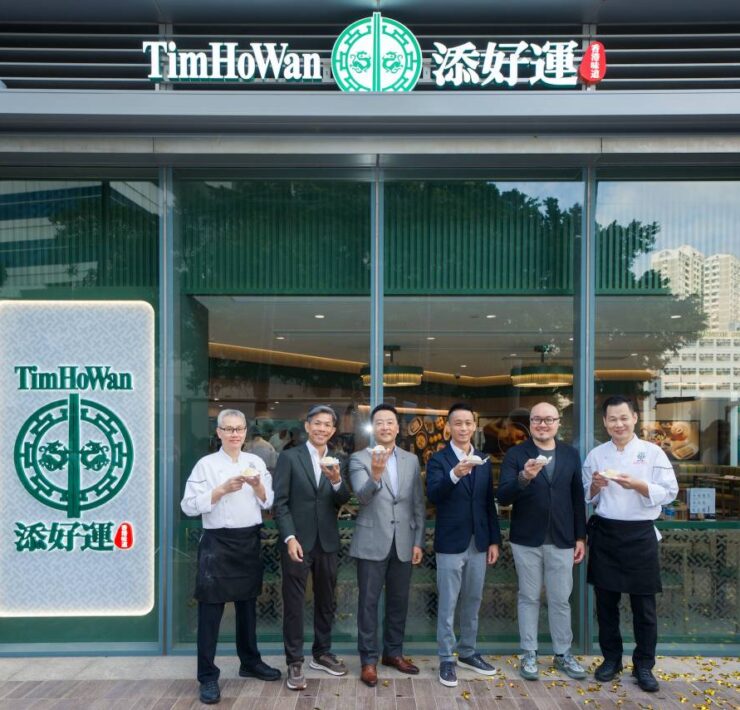
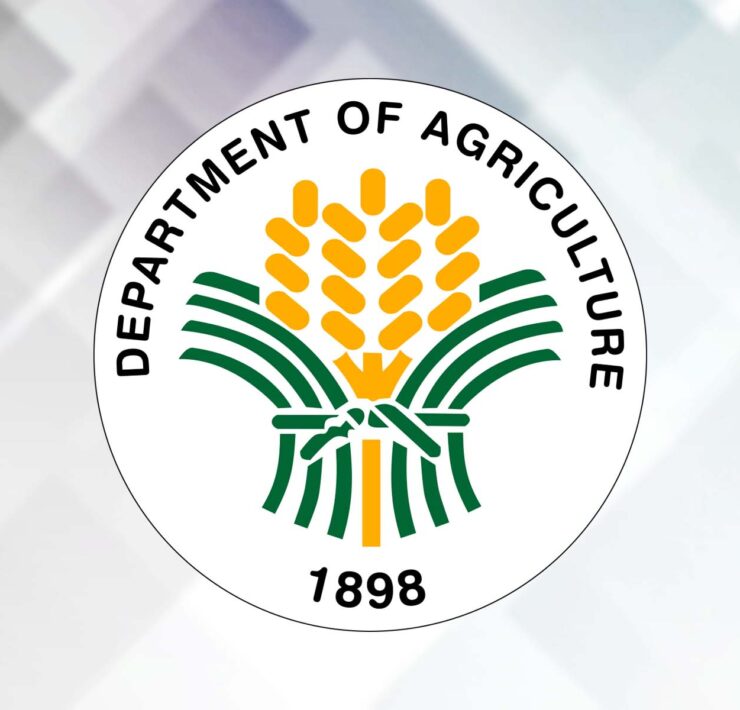



Leveraging the wonder of biochar for growing crops